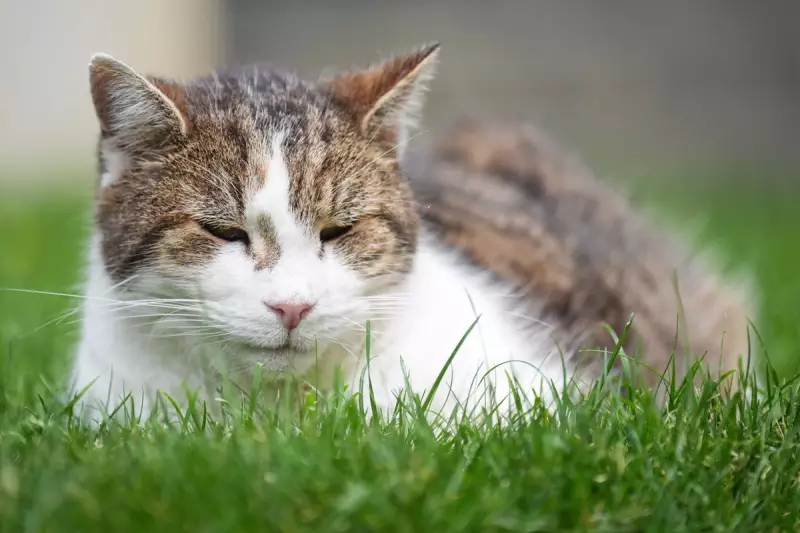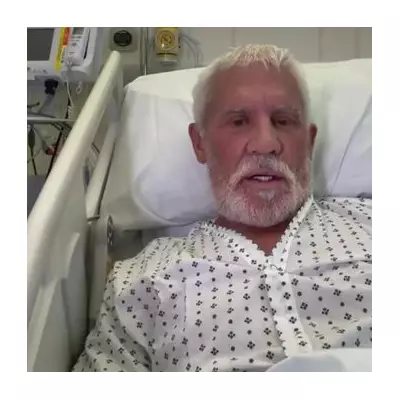
In a surprising development that highlights Britain's growing mental health crisis, volunteers at one of the UK's leading cat charities are increasingly becoming accidental counsellors to lonely and distressed callers.
Cats Protection, which normally fields enquiries about feline welfare, has revealed its helpline staff regularly provide emotional support to vulnerable people across England and Wales. The charity's new report shows many callers, particularly older individuals living alone, are seeking human connection as much as pet advice.
The Unseen Crisis
"We're hearing from people who just need to talk," explained a charity representative. "While they might begin discussing their cat's behaviour, conversations often evolve into deeper discussions about loneliness, bereavement, or personal struggles."
The trend mirrors concerns raised by mental health charities like Samaritans about increasing social isolation. With many callers having limited social contact, the friendly voice at the end of the phone sometimes represents their only conversation that day.
Beyond the Whiskers
Staff at the charity have received additional training to handle sensitive calls appropriately, knowing when to refer people to specialist services while providing immediate comfort. The phenomenon demonstrates how Britain's beloved pets often serve as crucial social connectors and emotional anchors.
One volunteer shared: "We had an elderly gentleman who called regularly about his cat. It became clear he was recently widowed and struggling. We'd discuss his cat, but really he needed to hear another human voice."
A National Picture
The findings come as health services across England and Wales report increased demand for mental health support. Cats Protection's experience suggests many vulnerable people are turning to unexpected sources for comfort during difficult times.
While the charity remains focused on its primary mission of feline welfare, its staff now recognise they're providing an unintended but vital community service. As one team member noted: "Sometimes, helping the owner is the best way to help the cat."





